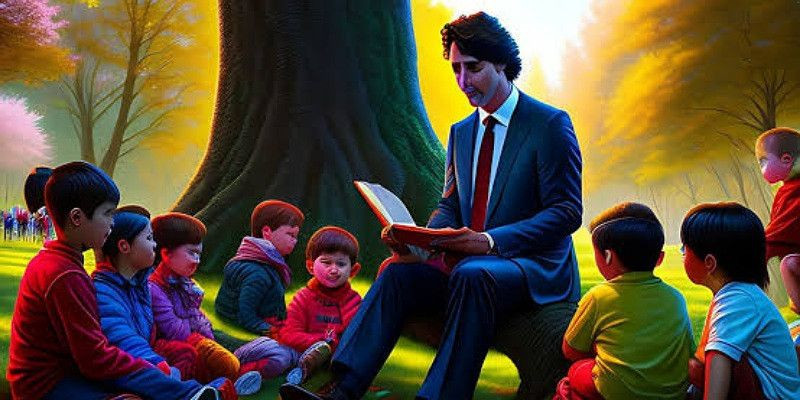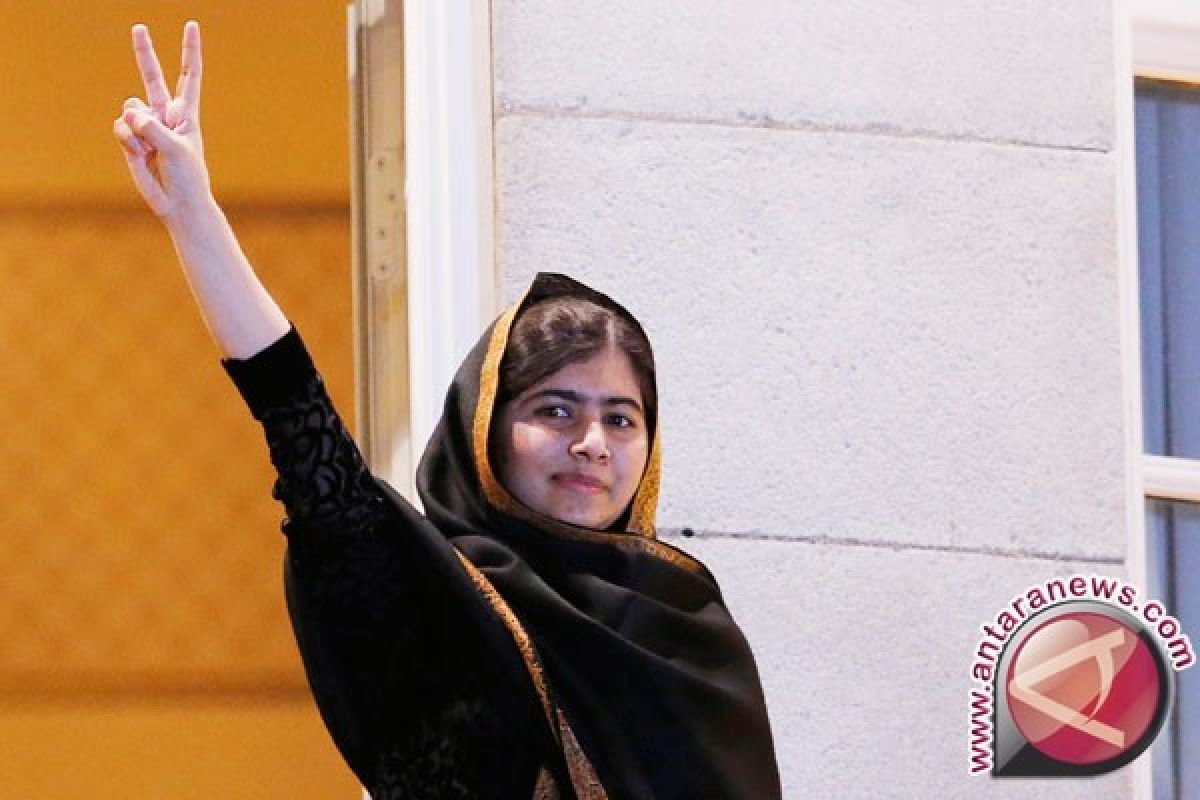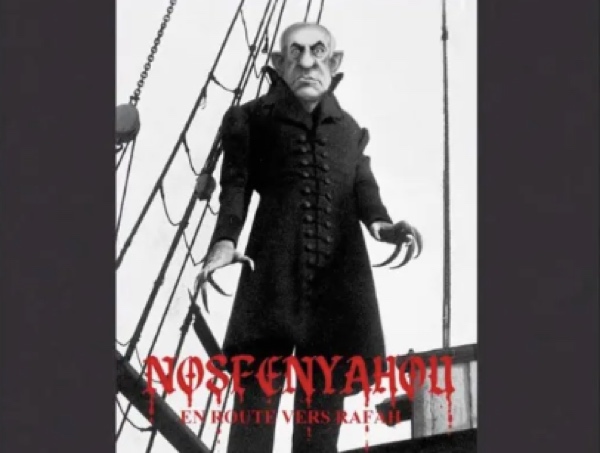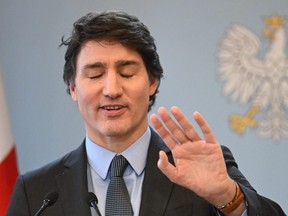By: Alifya Rahil Ramadhina Miskal
ASKARA – Leadership is a process that can create significant change in an organization or society. Leadership in the context of a multicultural country is a complex task and requires wisdom and sensitivity towards the different ethnic and racial groups that exist.
In Canada, a country rich in cultural diversity, Justin Trudeau plays a crucial role as the 23rd Prime Minister, since November 4, 2015. The leader of the Liberal Party of Canada, who is also a member of Parliament for Montreal Centre, is faced with a great challenge to lead a country made up of many diverse ethnic and racial groups. One aspect that complicates Trudeau's leadership duties is the fact that he is the son of Pierre Trudeau, the 15th prime minister of Canada.
Leadership in the Trudeau family is not only a political responsibility, but also marks a political legacy that carries the expectations and hopes of Canadian society. Canada itself is known as one of the leading multicultural countries in the world. With a population made up of diverse ethnic and racial groups, Trudeau's leadership challenge is being able to embrace all levels of society.
Involvement in political affairs and leadership in a multicultural country requires leaders to have in-depth knowledge of the needs and aspirations of each group. Faced with such rich diversity, Trudeau applied multicultural leadership theory as a strategic basis. This theory recognizes and promotes respect for differences in culture, language and societal background. Trudeau faces the task of creating unity in diversity, ensuring that every group in society feels recognized and valued.
Base Theory
Multicultural leadership theory provides a comprehensive view of a leader's role in managing cultural diversity in a multicultural society. From this perspective, leadership is not just about the ability to provide direction, but rather the ability to understand, appreciate and respond to existing cultural diversity. In a society as rich in cultural diversity as Canada, leaders like Justin Trudeau are faced with the task of leading by taking into account the norms and values from different cultural backgrounds.
Draft Cultural Intelligence (THIS)
The concept of cultural intelligence (CI) is a key foundation for understanding multicultural leadership. CI is not only an awareness of cultural differences, but also involves the knowledge, skills, and motivation necessary to interact effectively with individuals from diverse cultural backgrounds. Leaders who have high levels of CI can understand the dynamics of cultural differences, manage conflicts, and design policies and strategies appropriate for multicultural contexts. The four components of IC, namely awareness, knowledge, skills and motivation, play an important role in shaping leadership capable of synergizing with cultural diversity. Leaders who have high CI are able to read the dynamics of cultural differences, integrate diverse perspectives, and create an environment in which each group feels recognized and valued.
Effective communication (importance of multiculture)
Effective communication is a crucial aspect in the context of a multicultural society. Leaders who can communicate well can defuse tensions, build common understanding, and design policies tailored to the needs of diverse cultural groups. Effective communication involves not only clarity in conveying messages, but also the ability to listen empathetically, accommodate language differences, and adapt communication styles based on existing cultural norms. The importance of effective communication in a multicultural context lies in the leader's ability to create a space for inclusive dialogue, where every voice is heard and valued. It is not only about transmitting information, but also about building bridges between different cultural groups, ensuring that the messages conveyed are not only understood intellectually but also penetrate the experiences and perspectives of each individual.
Analysis Direction
High cultural intelligence: laying the foundations for multicultural leadership
Trudeau has demonstrated his understanding and appreciation of Canada's cultural diversity through his policies and actions. Here are CI concepts that can be applied in the context of Trudeau's leadership:
● Awareness: Trudeau has demonstrated his awareness of Canada's cultural diversity through his policies and actions. He understands that diversity is a strength and that everyone should feel welcome and valued in Canada, regardless of their cultural origin.
● Knowledge: Trudeau has in-depth knowledge of Canada's cultural diversity. He learned about different cultures and how they can influence people's behavior.
● Skills: Trudeau has the skills to interact effectively with people from diverse cultural backgrounds. He is an effective communicator and is able to understand the point of view of others.
● Motivation: Trudeau is motivated to create an inclusive society that values diversity. He believes that diversity is a strength and that everyone should feel welcomed and valued in Canada, regardless of their cultural origin.
Trudeau is a leader who has a high CI. He has demonstrated his understanding and appreciation of Canada's cultural diversity through his policies and actions. He also took steps to address existing inequalities in society.
Justin Trudeau's multicultural leadership: vision, mission and achievement of inclusion
1. Formation of a diverse cabinet: The first step in realizing his inclusive vision was the formation of an ethnically and racially diverse cabinet in 2017. Involving 15 ministers, including 8 women and 7 people from minority groups , Trudeau has created a leadership environment that reflects the diversity of Canadian society.
2. Canadian Multiculturalism Act and support for minorities: The implementation of the Canadian Multiculturalism Act in 2017 constitutes a concrete step in supporting diversity. It is not only a form of formal legislation, but also a foundation for cultivating cultural power. Increasing funding for education and training programs for minority groups shows Trudeau's determination to equalize opportunities and fight inequality.
3. Canada's new anti-racism strategy: The launch of Canada's new anti-racism strategy in 2018 reflects Trudeau's seriousness in fighting discrimination and intolerance. This strategy is not only a step to defend the rights of minority groups, but also a form of dialogue and understanding of the challenges they face.
Conclusion And Suggestion
Justin Trudeau's multicultural leadership in Canada marked an era where the values of inclusion and respect for diversity were elevated as the main foundations of the country's development. Through his progressive policies, Trudeau succeeded in promoting intercultural cooperation, empowering minority communities and upholding the principles of equality. Its approach focused on tolerance and acceptance of differences has created an environment conducive to social harmony and collective development.
To strengthen the foundations of his multicultural leadership, Trudeau can involve the public more actively in decision-making processes to ensure more equitable representation and participation, continue to promote education and cultural exchange programs to deepen cross-cultural understanding , intensify efforts for the economic and educational empowerment of minorities. communities and defend the rights of individuals and groups, particularly in terms of gender equality. By continuing to strengthen its commitment to these principles, Trudeau's multicultural leadership can continue to be a pioneer in building a country that is fair, inclusive and competitive within the diversity of its society.
* Student at the University of Indonesia

“Thinker. Hardcore web aficionado. Zombie evangelist. Pop culture trailblazer. Student. Passionate twitter maven.”






